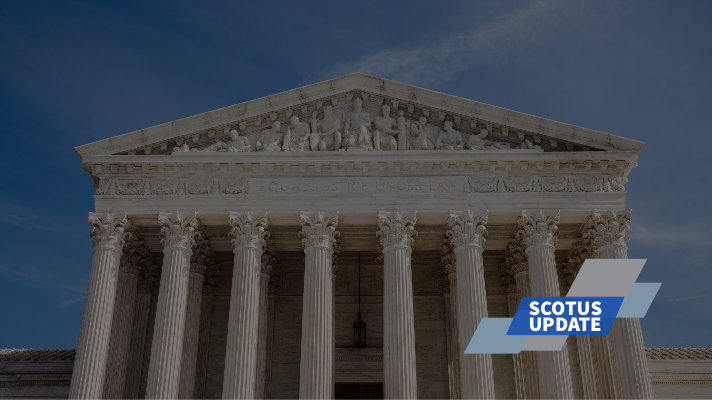Written By Christopher B. Dolan and Cristina Garcia
This week’s question comes from Leticia who asks: Lately, the news has focused on the Supreme Court and their rulings. I’m concerned how all this will affect me. I live in the Bay Area and don’t plan to leave California any time soon. I want to know how the opinions released by the Supreme Court of the United States affect Californians?
Dear Leticia,
Thank you for your question. The Supreme Court of the United States, also called SCOTUS, has released a series of opinions that affect various issues, from reproductive rights to environmental protection. A question that many Californians are asking themselves is how do the SCOTUS decisions affect our state?
To understand how the SCOTUS decisions will affect Californians, reviewing the Supremacy Clause is essential. The Supremacy Clause is a clause within Article VI of the United States Constitution, which states that federal law is the “supreme law of the land.” Federal law preempts state law if it interferes with or conflicts with federal law.
For example, the case of the New York State Rifle & Pistol Association, Inc., et al. v. Bruen, et al. illustrates how the Supremacy Clause preempted New York state law. This case involved two men who applied for permits to carry a concealed weapon in public. Under New York State’s Sullivan Act, local officials were given discretion in determining whether the applicant proved “good moral character” and “proper cause” for needing the concealed-carry licenses for self-protection distinguishable from the general community. Local officials determined that neither of the men had demonstrated proper cause and denied their requests. The two men then sued the state officials who oversee the process of licensing applications, alleging that their Second and Fourteenth Amendment rights were violated by denying their unrestricted-license applications.
After reviewing the case, the SCOTUS determined that “New York’s proper-cause requirement violates the Fourteenth Amendment. It prevented law-abiding citizens with ordinary self-defense needs from exercising their Second Amendment right to keep and bear arms in public for self-defense.” (Id.) The SCOTUS effectively struck down New York State’s Sullivan Act, which placed restrictions on individuals carrying concealed weapons.
The SCOTUS decision is important to California specifically, as we have similar gun control laws to New York, and the recently decided case is now precedent. This means that the SCOTUS opinion will be used as authority by other courts when deciding subsequent cases involving similar facts or similar legal issues. Therefore, they SCOTUS opinion may be used to challenge gun laws in California.
Although in New York’s case, the SCOTUS determined that federal law preempted state law, it has also issued opinions that embolden a state’s ability to enact legislation on various other issues, including those which the SCOTUS itself had once settled. A couple of those decisions are Dobbs, et al. v. Jackson Women’s Health Organization, et al., which overturned the landmark case of Roe v. Wade. The SCOTUS opined that the Constitution does not confer a right to abortion. They would return the authority to regulate abortion to the states. As a result, each state can ban abortions, place restrictions on abortions, or allow for safe abortions to take place. Similarly, in West Virginia v. Environmental Protection Agency (“EPA”), the SCOTUS limited the federal EPA’s ability to overhaul the nation’s electricity supplies in favor of wind power and other renewable resources. Therefore, allowing the states to determine what legislation to enact. Thus, although the SCOTUS opinions did not involve California, they may affect California laws. The cases discussed above are a short synopsis of the SCOTUS opinions. We strongly encourage everyone to read the opinions themselves or the detailed summaries of organizations such as the American Civil Liberties Union (ACLU).









